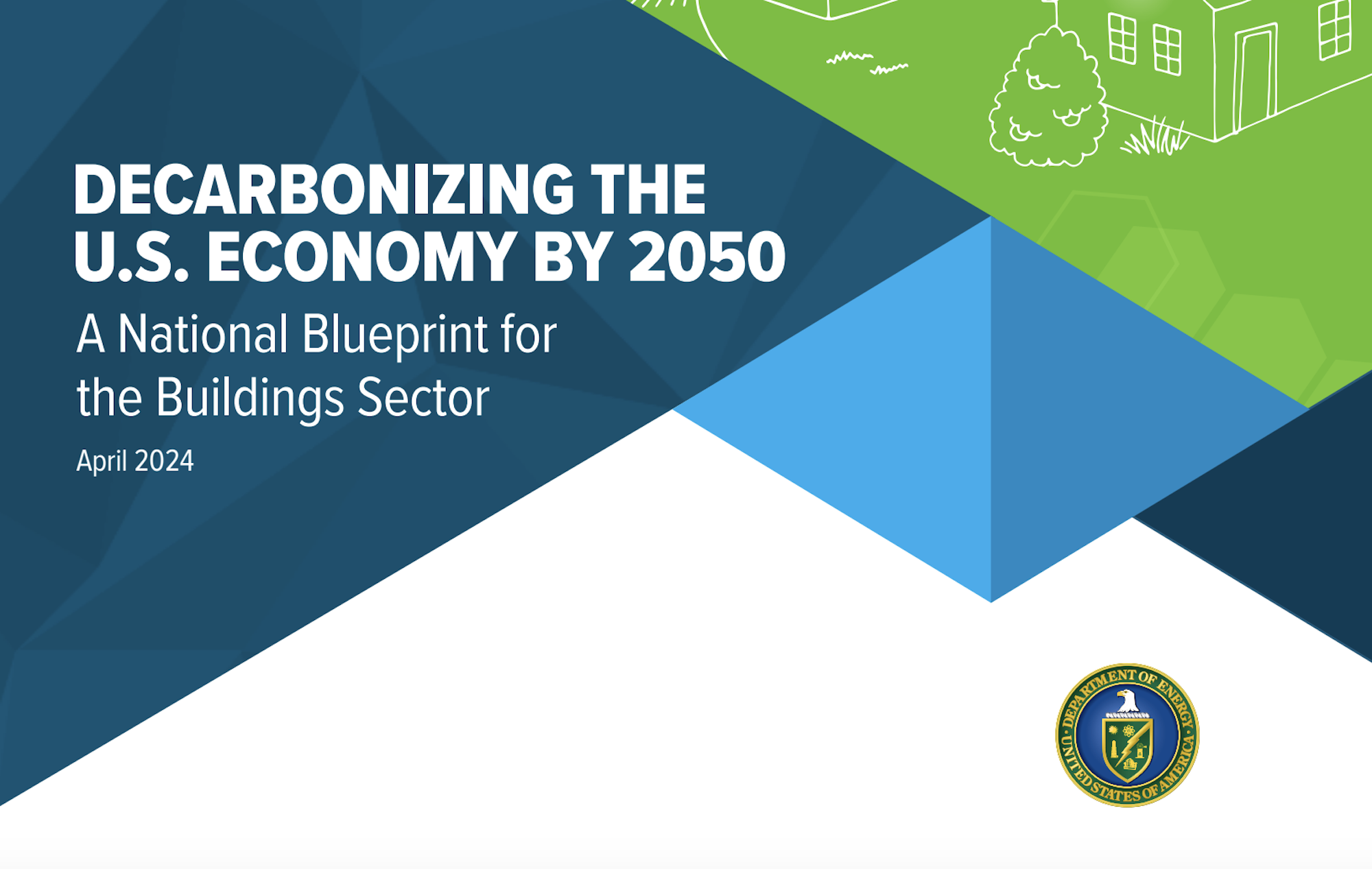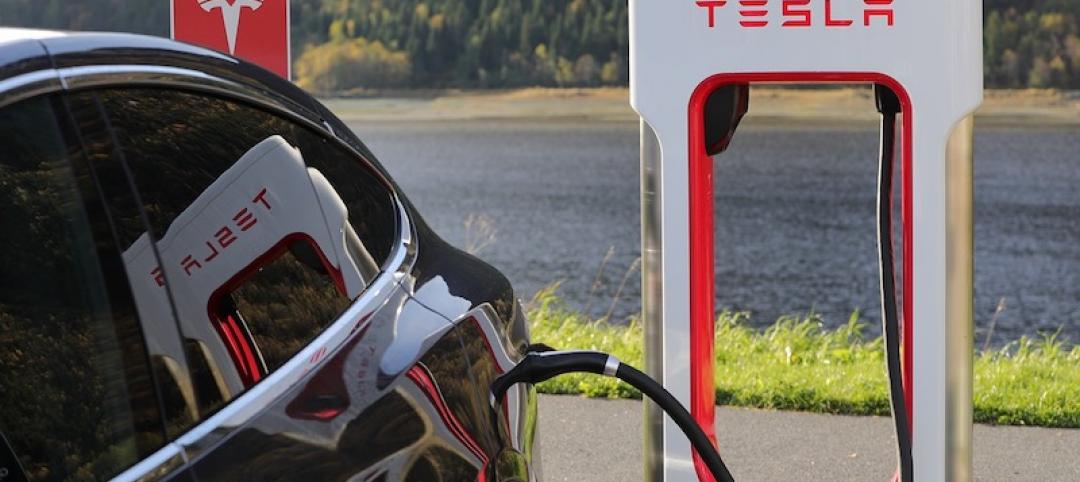The Biden Administration recently released “Decarbonizing the U.S. Economy by 2050: A National Blueprint for the Buildings Sector,” a comprehensive plan to reduce greenhouse-gas (GHG) emissions from buildings by 65% by 2035 and 90% by 2050.
The Blueprint is the first sector-wide strategy for building decarbonization developed by the federal government. It outlines ways to reduce energy in homes, schools, and workplaces.
To reach the emissions reduction targets for the buildings sector, the Blueprint sets four strategic objectives:
• Increasing building energy efficiency
• Accelerating onsite emissions reductions
• Transforming the interactions between buildings and the electricity grid
• Minimizing the emissions from producing, transporting, installing, and disposing of building materials
Each objective has specific performance targets and market, policy, and technology milestones to reach by 2035 and 2050. Meeting these targets will require accelerated deployment of a wide range of decarbonization and energy efficiency technologies. The Blueprint outlines coordinated federal actions that can increase the speed and scale of solutions deployments. Those actions include funding research and development to develop lower-cost technologies, expanding markets for low-carbon technologies, providing direct funding and financing, and supporting the development and implementation of emissions-reducing building codes and appliance standards.
The Department of Energy, a key player in the administration’s decarbonization drive, is focused on building innovations in three pivotal areas: building upgrades, efficient electrification, and smart controls.
Related Stories
Codes and Standards | Feb 16, 2021
Bechtel joins international heat resilience organization
Experience designing resilience standards to aid effort to protect communities from extreme heat.
Codes and Standards | Feb 10, 2021
More than two-thirds of construction companies say COVID-19 has not impacted their ESOP
Half of survey respondents say 2020 project profitability decreased due to pandemic.
Codes and Standards | Feb 9, 2021
New Jersey approves new electric vehicle-ready home requirement
Homebuyers must be given option for charging station on new construction.
Codes and Standards | Feb 9, 2021
New California law removes barriers to residential development
Measure removes restrictions for ADUs in urban areas and master planned communities.
Codes and Standards | Feb 8, 2021
Alliance yields more accurate data for rating and certifying systems of construction materials
Crosswalk API offers trusted format to specify and procure healthier products.
Codes and Standards | Feb 4, 2021
2021 IBC requires automatic doors for entrances to public buildings
One door must be either a full power-operated door or a low-energy power-operated door.
Codes and Standards | Feb 3, 2021
Two new International Code Council online code tools released
Offer detailed information about global building code usage and U.S. adoptions.
Codes and Standards | Feb 2, 2021
Biden tells OSHA to bolster COVID-19 safety rules
Order could lead to a national playbook for fighting COVID-19 on jobsites.
Codes and Standards | Feb 1, 2021
Fenestration Alliance updates standard for mulled combination assemblies
Last updated in 2010, document describes procedures and requirements for air leakage, water resistance, and structural performance.
Codes and Standards | Jan 28, 2021
Natl. Fire Protection Assn. releases new energy storage system fact sheet
Comes as Biden Administration prepares ambitious clean energy agenda.

















